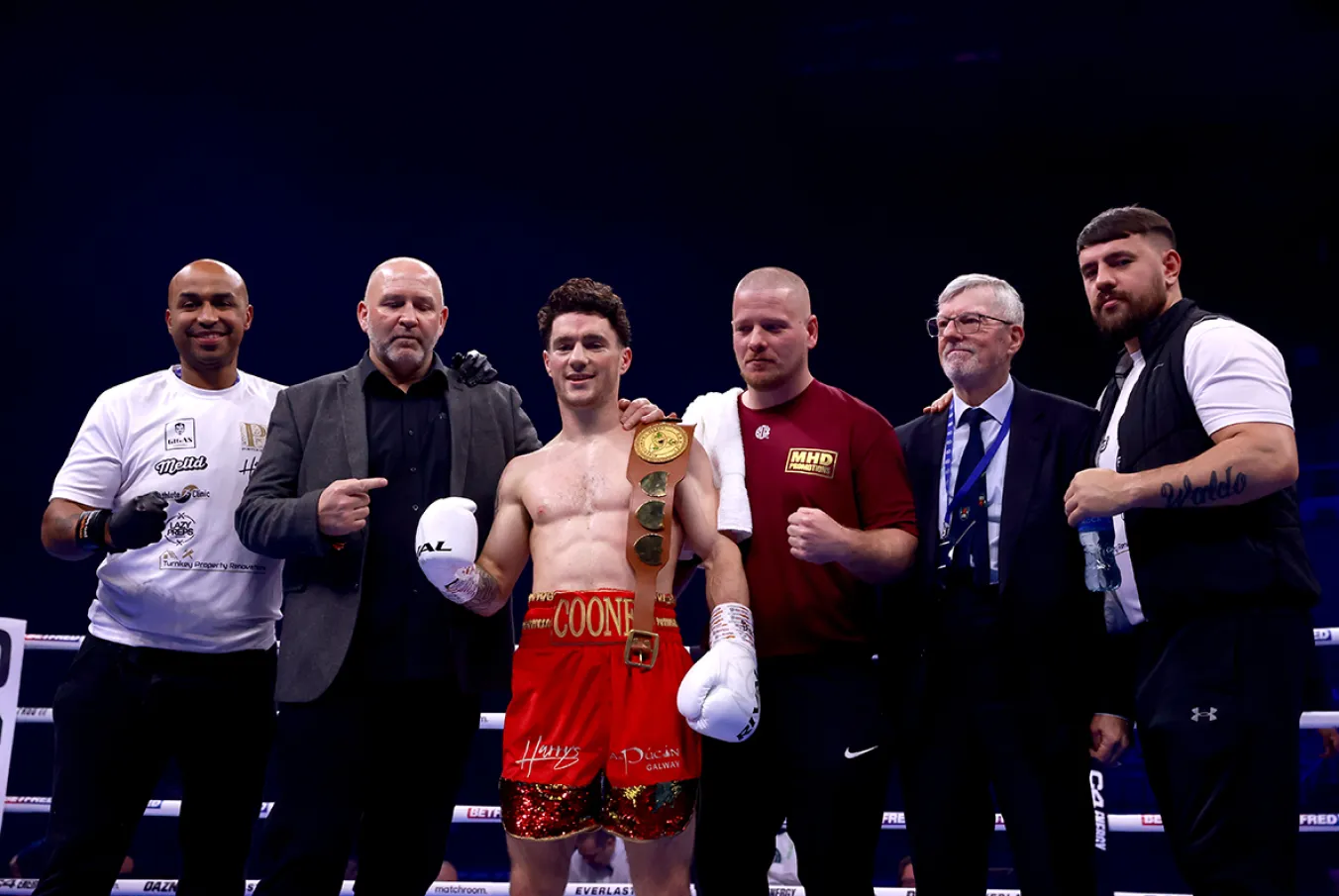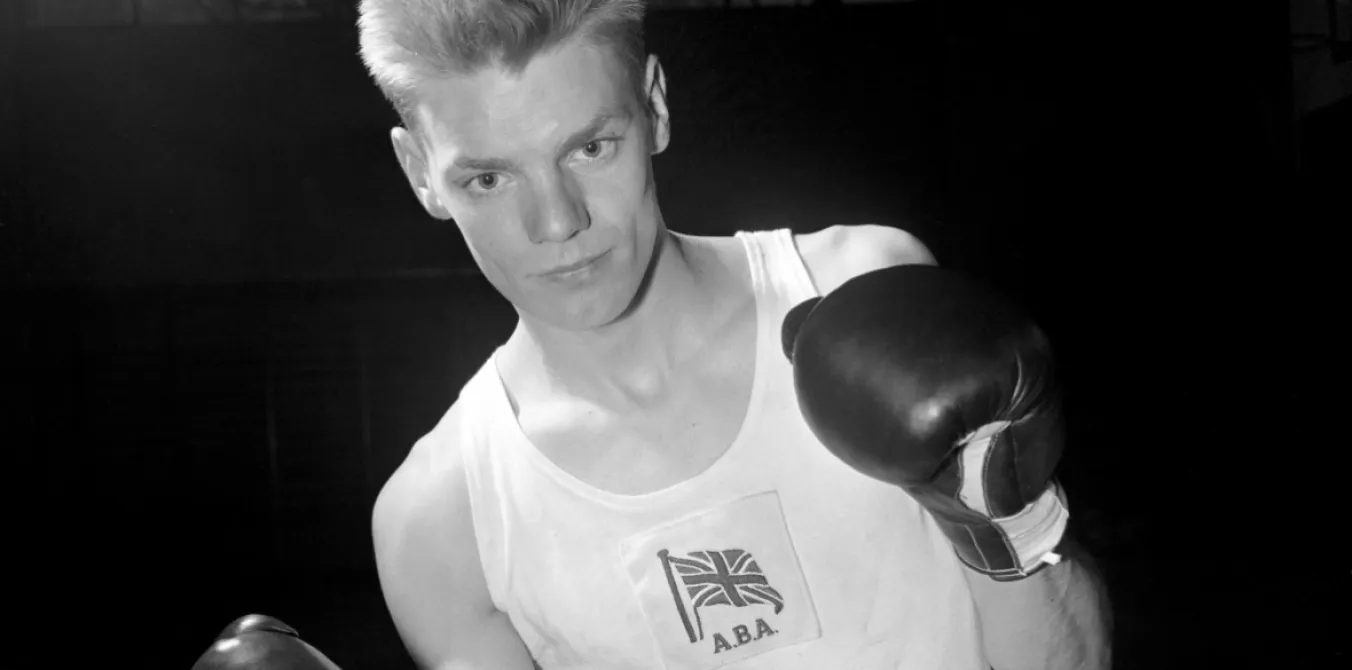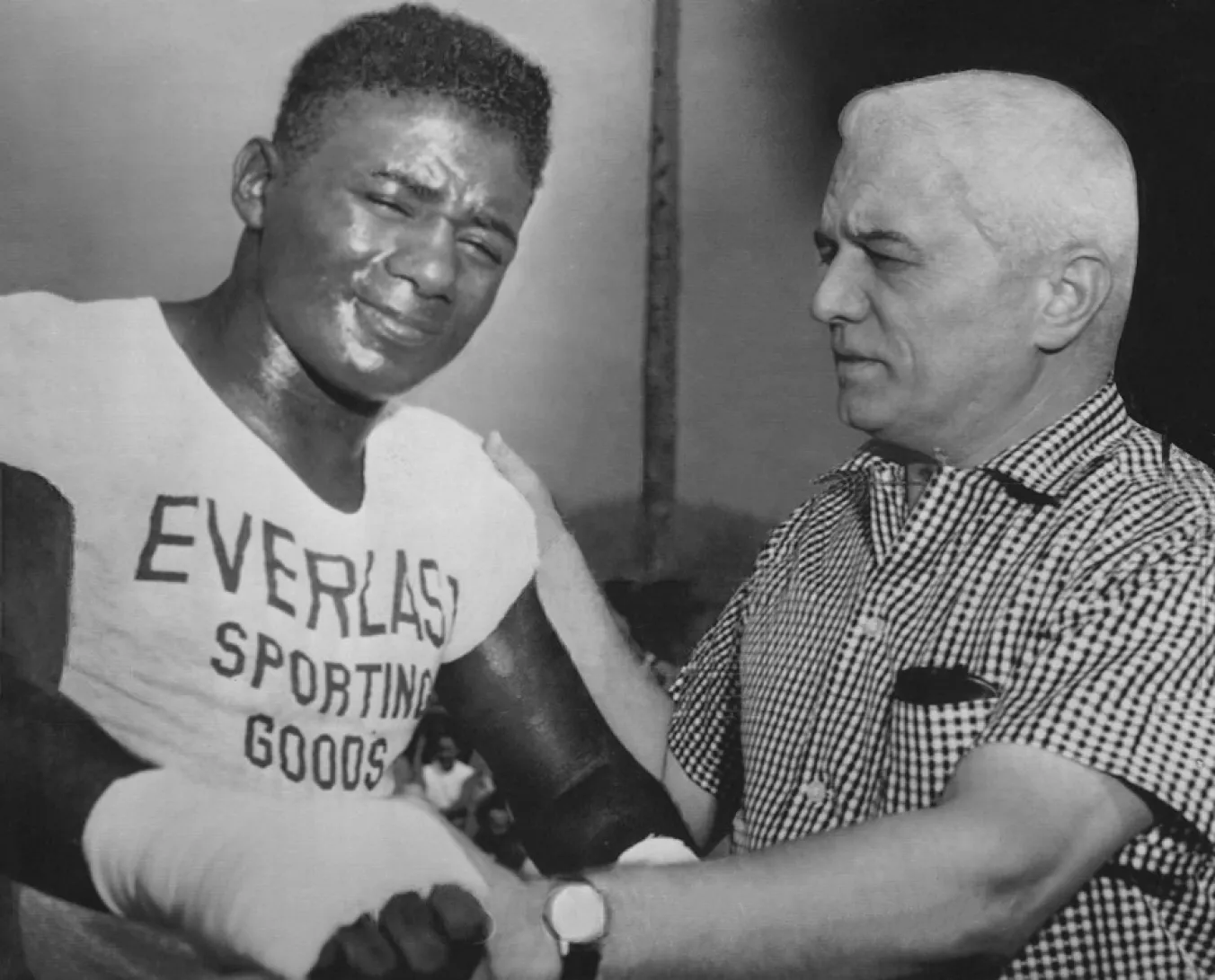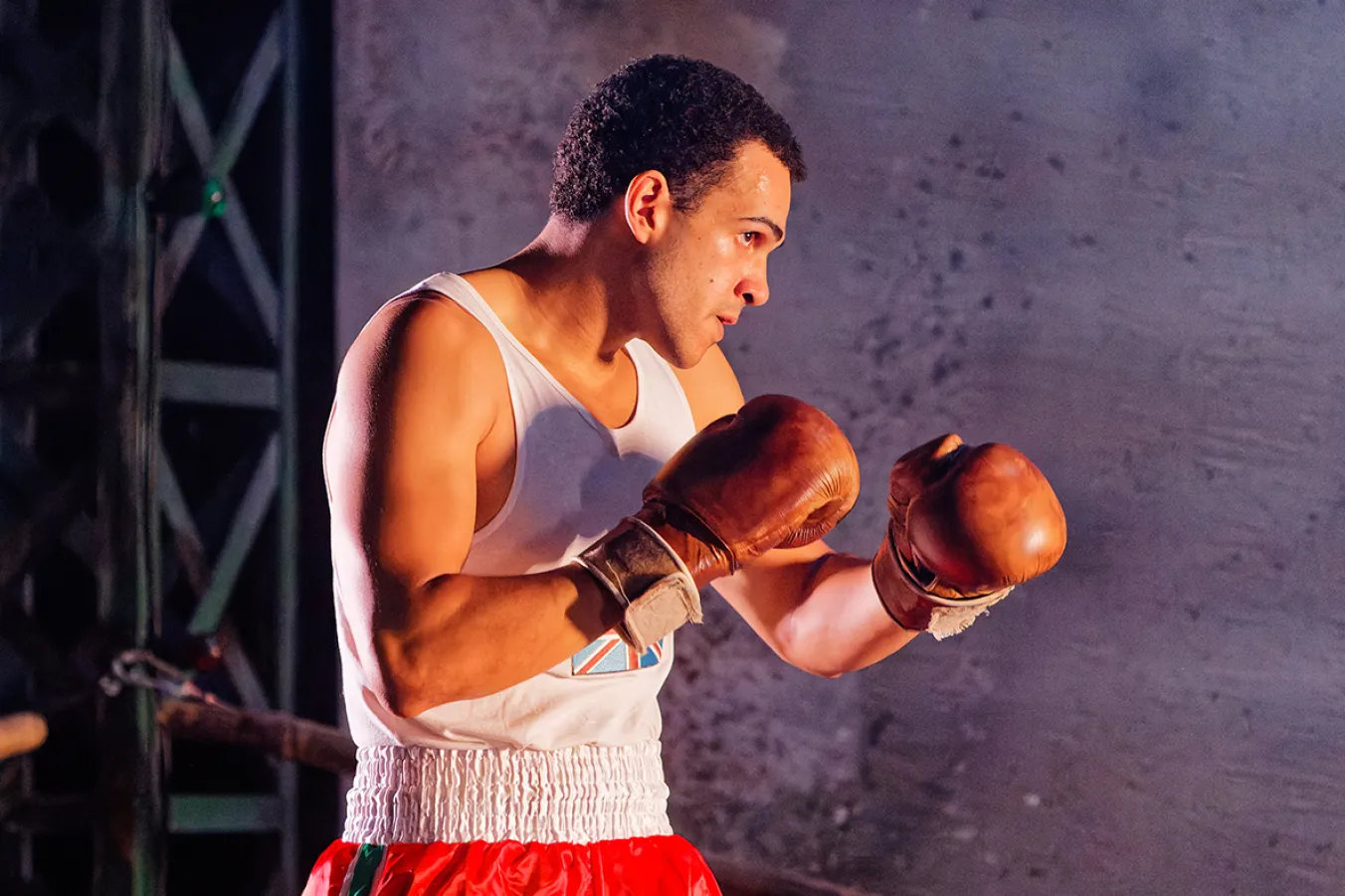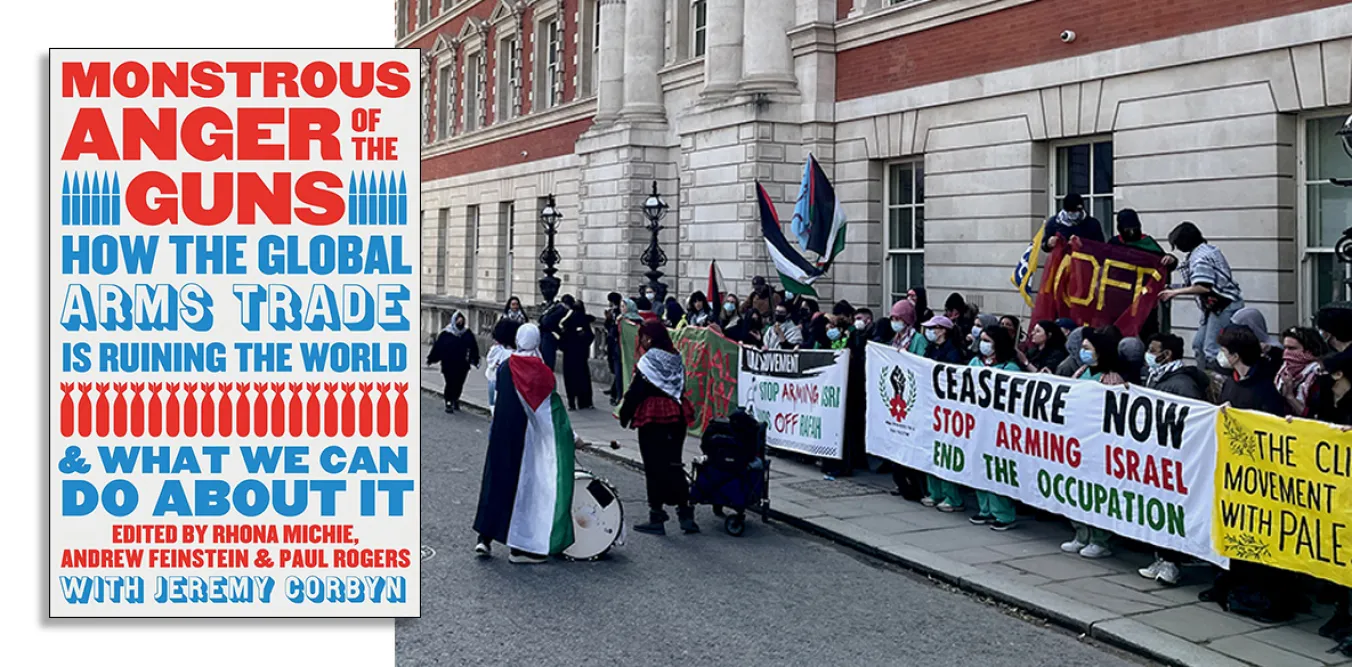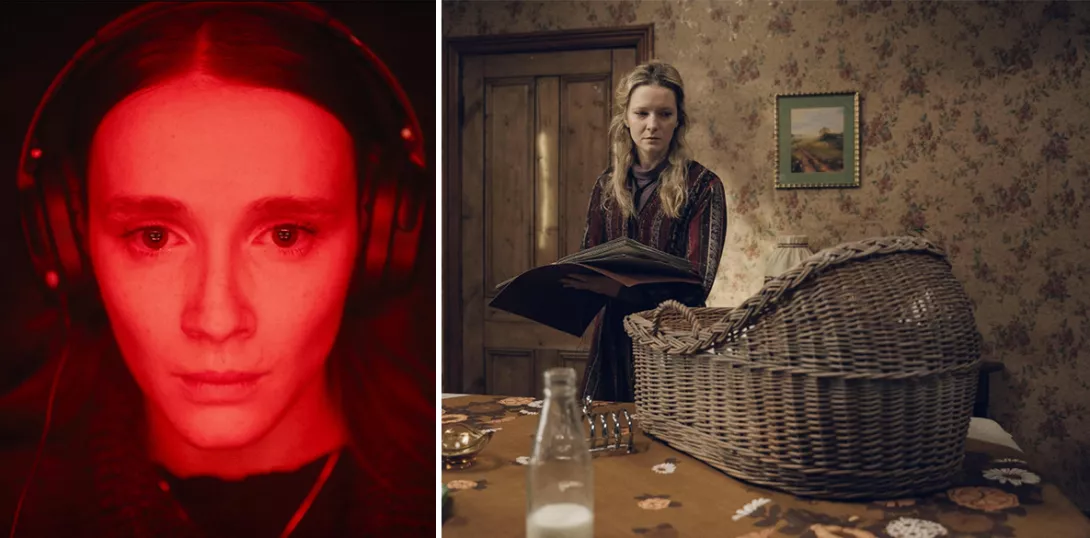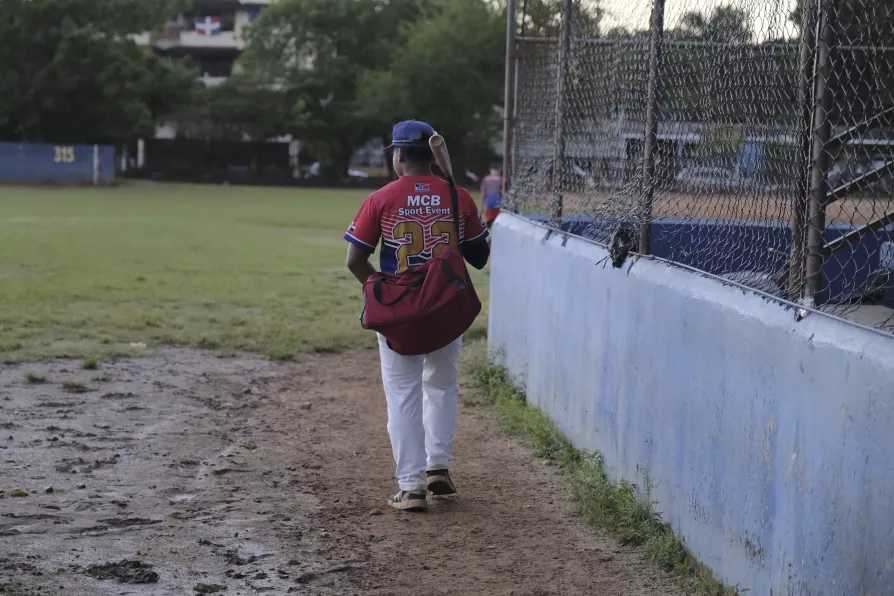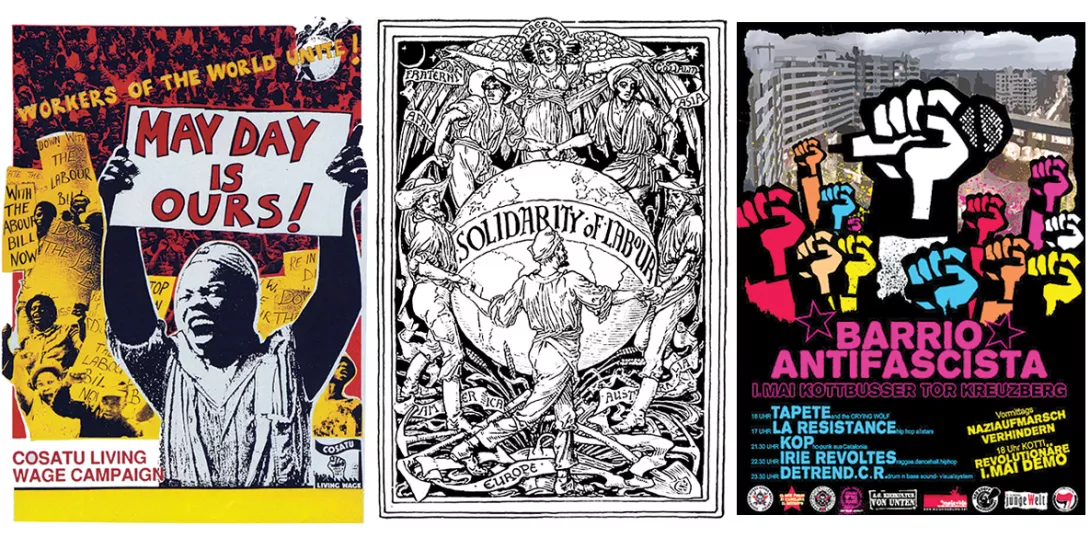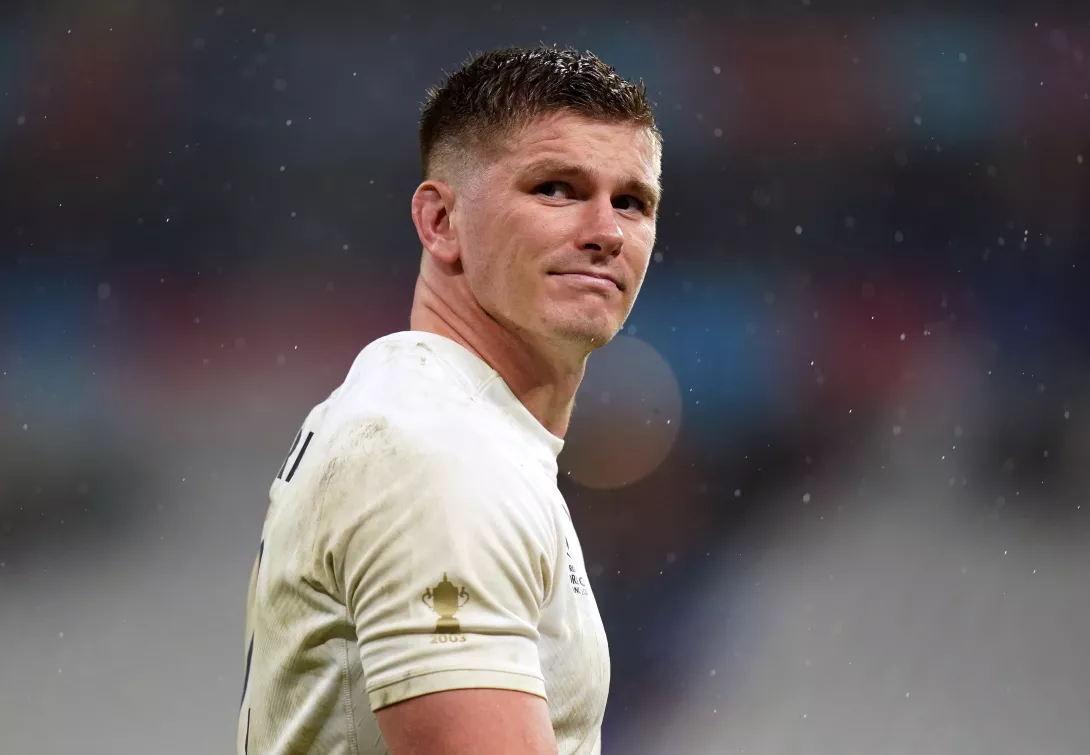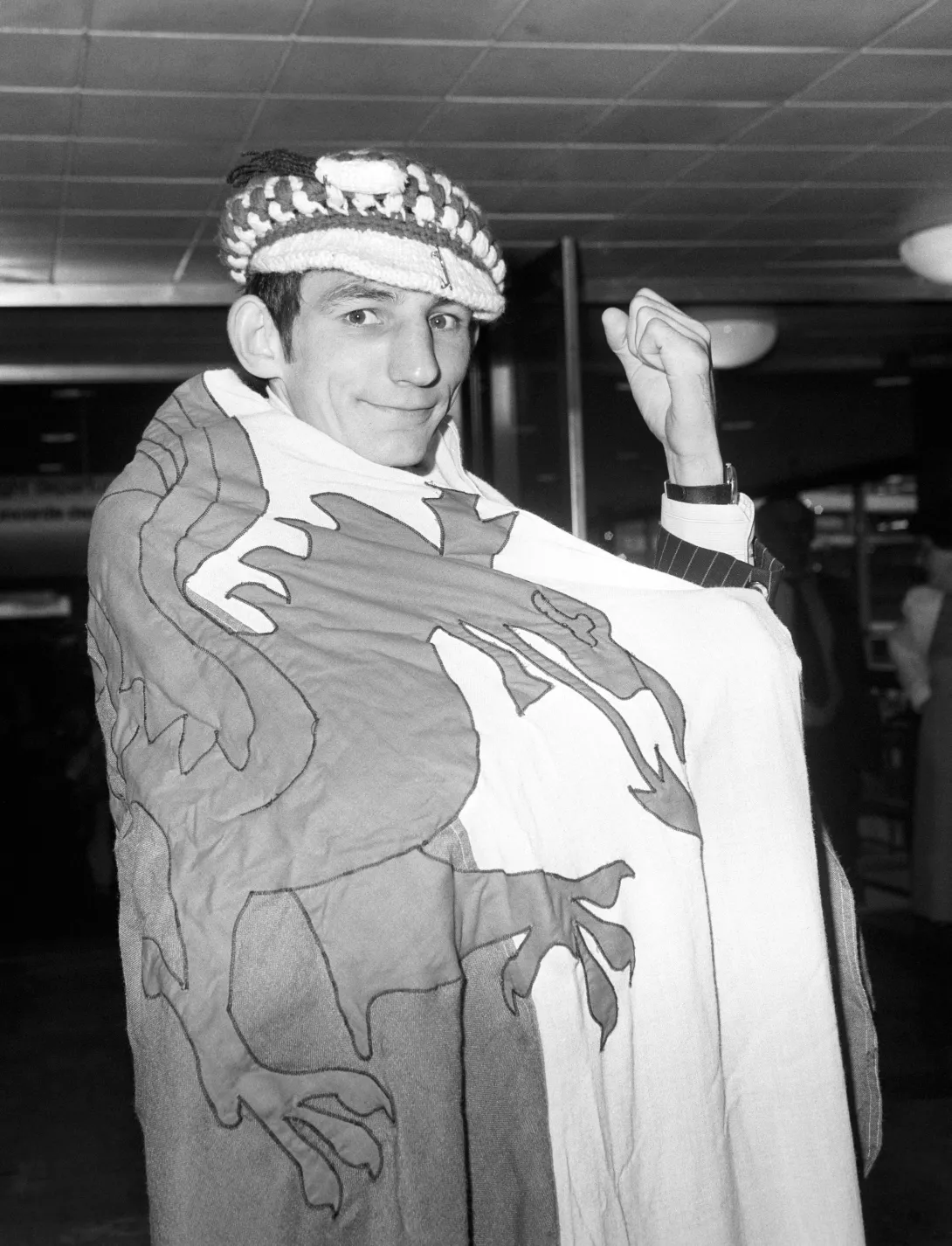
IN 1977, when Welsh bantamweight Johnny Owen challenged for the British title in what would be his 10th professional fight, a pint of bitter cost 27 pence, a pint of lager 32 pence, while a pint of milk and a loaf of white bread set you back 11p and 22p respectively.
A Ford Cortina, for those with the means, cost around two and a half grand, while the average house price was £13,000.
Labour’s James Callaghan, Sunny Jim, was prime minister in 1977, and in the workplace the average wage of full-time manual worker was 70 quid for men and 43 quid for women. When it came to entertainment, among the top TV shows at the time were Citizen Smith, Mind Your Language, Robin’s Nest, George and Mildred, and Rising Damp. In the world of football, Brian Clough’s Nottingham Forest stormed to the English First Division title in the 1977-78 season, seven points ahead of the previous season’s champions, Liverpool, managed by Bob Paisley.
